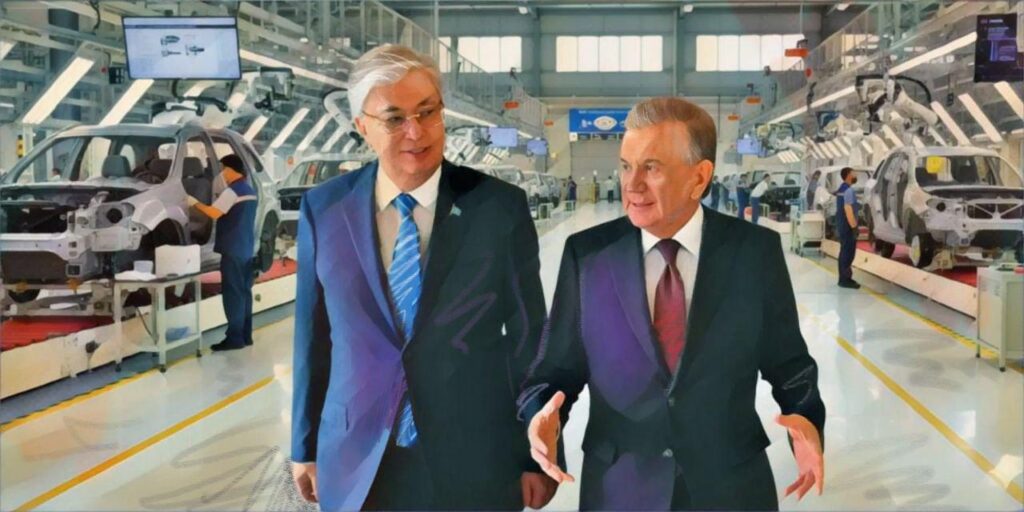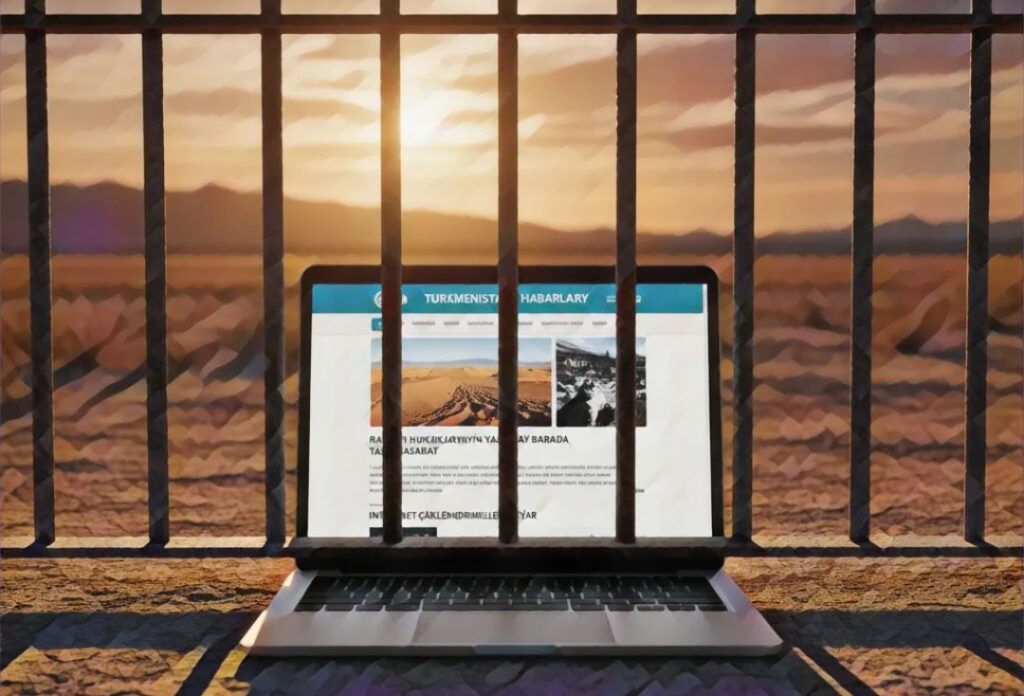TASHKENT (TCA) — Human rights groups have charged that the World Bank has funded more than $500 million in agricultural projects that are linked to forced labor and child labor in Uzbekistan, RFE/RL reports.
The charges were made on June 27 in a joint report issued by Human Rights Watch and the Uzbek-German Forum for Human Rights.
The report said children and adults were forced to pick cotton in at least one project funded by the World Bank in Uzbekistan.
It says the Uzbek government forced students, teachers, and doctors to plant cotton and harvest it from 2015 to 2017 in a state-orchestrated program that is stopping children from receiving a full education.
“The quality of education at all levels is greatly undermined even when children aren’t sent out to work because their teachers are sent out to work,” Human Rights Watch researcher Jessica Evans said.
“Half the time the kids are left alone because there aren’t teachers in the room,” Evans said.
The report says those who refuse to work in the cotton fields risk being sacked from their jobs, expelled from school, or having their welfare payments cut.
In one irrigation project funded by the World Bank in an area where the government agreed to prohibit forced and child labor, researchers found children as young as 13 working in fields alongside adults who were forced to do so.
A World Bank spokesperson said in response to the report that the World Bank Group “does not condone forced labor in any form and takes seriously reports of incidents in the cotton sector of Uzbekistan.”
The spokesman also said the World Bank voices “strong concerns on labor issues to the government of Uzbekistan.”
The World Bank provided almost $700 million in loans to the Uzbek government for agriculture and water projects in 2015 and 2016.
Human rights groups say Uzbekistan is concealing a state-orchestrated forced labor system in order to maintain its position as the world’s fifth-biggest cotton exporter.
Rights groups note regular arrests, intimidation, and harassment of activists who call attention to the system.
Elena Urlaeva, a campaigner against forced labor in Uzbekistan, was arrested in March shortly before an international conference where she was scheduled to present evidence on human rights abuses. She was released three weeks after the conference.









